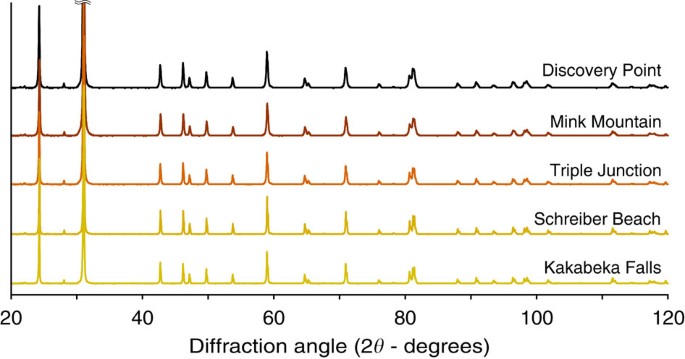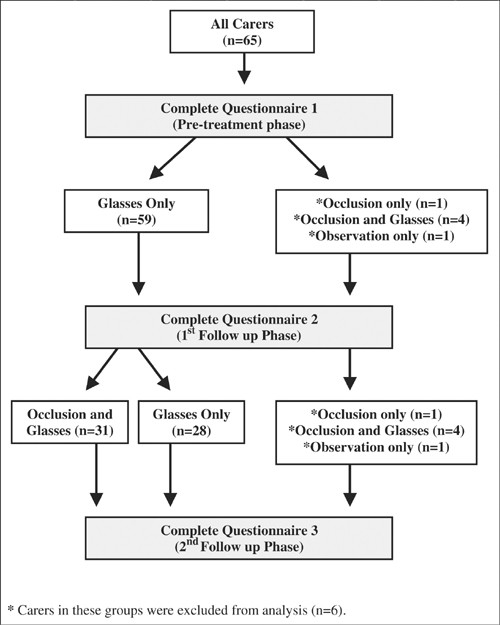- Select a language for the TTS:
- UK English Female
- UK English Male
- US English Female
- US English Male
- Australian Female
- Australian Male
- Language selected: (auto detect) - EN
Play all audios:
Access through your institution Buy or subscribe Months ahead of schedule, the US Food and Drug Administration approved Tesaro's small-molecule Zejula (niraparib) as a maintenance
treatment for women with recurrent ovarian, fallopian tube or primary peritoneal cancer irrespective of their BRCA mutation or other biomarker status. The Waltham, Massachusetts–based
biotech received a green light on March 27, far in advance of the Prescription Drug User Fee Act June 30 decision date, to treat women with ovarian cancer with partial or complete responses
to previous platinum-based chemotherapy. Zejula is the third drug approved that inhibits the poly-ADP-ribose polymerase (PARP) enzyme, a DNA repair system that helps tumor cells repair
damaged DNA strands; first was London-based AstraZeneca's Lynparza (olaparib) (_Nat. Biotechnol._ 33, 116, 2015) and second, Boulder, Colorado–based Clovis' Rubraca (rucaparib).
But Tesaro's drug could command a larger market share because, unlike its rivals, Zejula benefits not only women who test positive for the germline BRCA mutation. In the phase 3 trial,
the small-molecule drug delayed cancer progression by 12.9 months compared with 3.8 months in the control arm. At the time of going to press, Tesaro had not disclosed Zejula's price but
the company predicts $1.9 billion a year in sales by 2022. The firm is also planning to conduct new trials with Zejula for metastatic ovarian, breast and lung cancers, including combination
studies with Kenilworth, New Jersey–based Merck's anti-PD-1 antibodies Keytruda (pembrolizumab) and Basel-based Roche's anti-VEGF Avastin (bevacizumab). In March 2016, Tesaro
entered a collaboration with Janssen Biotech, a Johnson & Johnson company, over commercialization rights to the drug in prostate cancer. New York–based Pfizer may be next in the
approvals queue with tolazoparib, a PARP inhibitor it acquired with the purchase of San Francisco–based Medivation for $14 billion in 2016. This is a preview of subscription content, access
via your institution ACCESS OPTIONS Access through your institution Access Nature and 54 other Nature Portfolio journals Get Nature+, our best-value online-access subscription $29.99 / 30
days cancel any time Learn more Subscribe to this journal Receive 12 print issues and online access $209.00 per year only $17.42 per issue Learn more Buy this article * Purchase on
SpringerLink * Instant access to full article PDF Buy now Prices may be subject to local taxes which are calculated during checkout ADDITIONAL ACCESS OPTIONS: * Log in * Learn about
institutional subscriptions * Read our FAQs * Contact customer support RIGHTS AND PERMISSIONS Reprints and permissions ABOUT THIS ARTICLE CITE THIS ARTICLE FDA approves PARP inhibitor for
ovarian cancer. _Nat Biotechnol_ 35, 398 (2017). https://doi.org/10.1038/nbt0517-398 Download citation * Published: 09 May 2017 * Issue Date: May 2017 * DOI:
https://doi.org/10.1038/nbt0517-398 SHARE THIS ARTICLE Anyone you share the following link with will be able to read this content: Get shareable link Sorry, a shareable link is not currently
available for this article. Copy to clipboard Provided by the Springer Nature SharedIt content-sharing initiative







